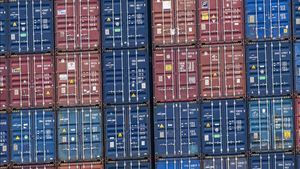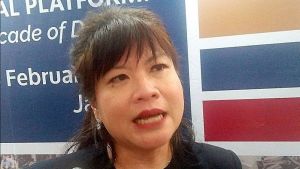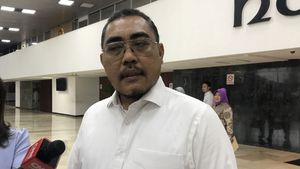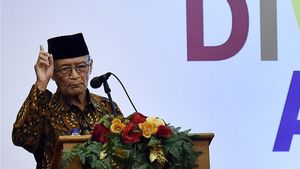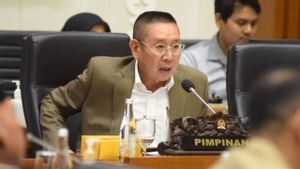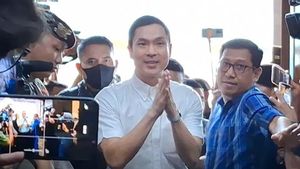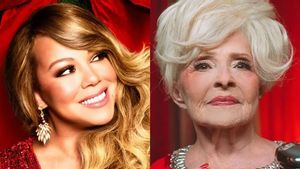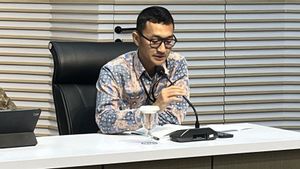JAKARTA - The Ministry of Finance has opened its voice regarding the details of premium goods and services that will become the object of taxes subject to a Value Added Tax (VAT) rate of 12 percent.
Director of Counseling and Public Relations of the Directorate General of Taxes (DJP) Dwi Astuti stated that the Ministry of Finance is reviewing the criteria or limits of goods/services carefully with related parties.
"So that the imposition of VAT on certain goods/services with boundaries above a certain price can be carried out on target, namely only for groups of people who are very capable," said Dwi, quoted in Jakarta, quoted from Antara, Monday, December 23.
Until the details are released, all basic necessities and services that receive VAT exemption facilities as stated in Law Number 7 of 2021 concerning Harmonization of Tax Regulations (UU HPP) will not be subject to VAT.
"All basic necessities and health/education services on January 1, 2025 will remain free of VAT until the issuance of related regulations," said Dwi.
On several previous occasions, President Prabowo Subianto and the DPR stated that the 12 percent VAT rate would be applied selectively, mainly targeting luxury goods groups.
From a press conference Monday, December 16, the Government announced the single VAT tariff, which was 12 percent, but with facilities for exemption from basic goods and services and taxes borne by the government (DTP) for three commodities.
Apart from the two groups, the VAT rate imposed is 12 percent.
Regarding luxury goods, the government made adjustments to the definition of luxury goods in the 12 percent VAT policy.
From the explanation of the Coordinating Minister for Economic Affairs Airlangga Hartarto, the concept of luxury goods so far refers to the provision of the imposition of the Sales Tax on Luxury Goods (PPn BM), which consists of two groups, namely motorized vehicles and non-motorized vehicles.
For non-motorized vehicles, the details are regulated in the Minister of Finance Regulation (PMK) Number 15 of 2023, including luxury housing, hot air balloons, bullets and firearms, airplanes, and luxury cruise ships.
As for the 12 percent VAT context, the government is expanding the luxury goods group by participating in targeting basic goods, health services, and educational services consumed by the wealthy, or what Minister of Finance Sri Mulyani calls premium goods and services.
Referring to the definition in the HPP Law, these groups should receive VAT exemption facilities. However, due to its premium nature, the government will withdraw 12 percent VAT on these goods and services.
For example, in the HPP Law, meat is included in basic necessities that are exempted from VAT. However, Wagyu and Kobe meat will later be included in the group subject to a 12 percent VAT rate.
SEE ALSO:
Similarly, fish are also commodities that are exempt from VAT, but the salmon and tuna that are consumed by the upper class will be applied at a rate of 12 percent.
As for educational services, which include the object of the imposition of VAT, is high fees for schools. For health services, VIP services are an example of services that are considered premium.
Electricity for household customers 3500-6600 VA will also be included in the VAT tariff tax object of 12 percent.
For further details regarding goods and services that are the object of the 12 percent VAT tax and those given incentives will be stated in the regulations issued recently, it could be in the form of ministerial regulations and government regulations.
The English, Chinese, Japanese, Arabic, and French versions are automatically generated by the AI. So there may still be inaccuracies in translating, please always see Indonesian as our main language. (system supported by DigitalSiber.id)



